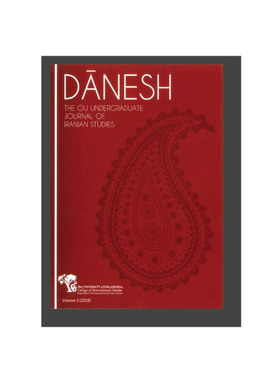| dc.description.abstract | With all the politically issues and social animosity surrounding Iran today, the Islamic Republic has become a focus for international attention and critique, especially if one might watch Fox News on any given evening — that goes for any news outlet for that matter. However, except for the ‘Iran Nuclear Deal’ or their nuclear program, how informed are the majority of Westerners on Iranian affairs or even social concerns? Unfortunately, most press following Iran seems to maintain a negative theme; however, that is not always the case. For instance, just this year in fact, an Iranian indie film, The Salesman (2016), was nominated and won an Oscar for ‘Best Foreign Language Film of 2017’ at America's annual 89th Academy Awards. The film even managed to win multiple awards across the world. Yet, The Salesman is not the only Iranian film to make a splash into Western culture — in 1997, Abbas Kiarostami's Taste of Cherry (1996) was awarded the Palme d'Or at the Cannes Film Festival and A Separation (2011), by the same director of The Salesman, also received tremendous praise throughout Western film festivals in 2012. Thus, if these Iranian national films are increasingly becoming more popular, then what insights may these films yield when it comes to understanding the Islamic Republic? | |
